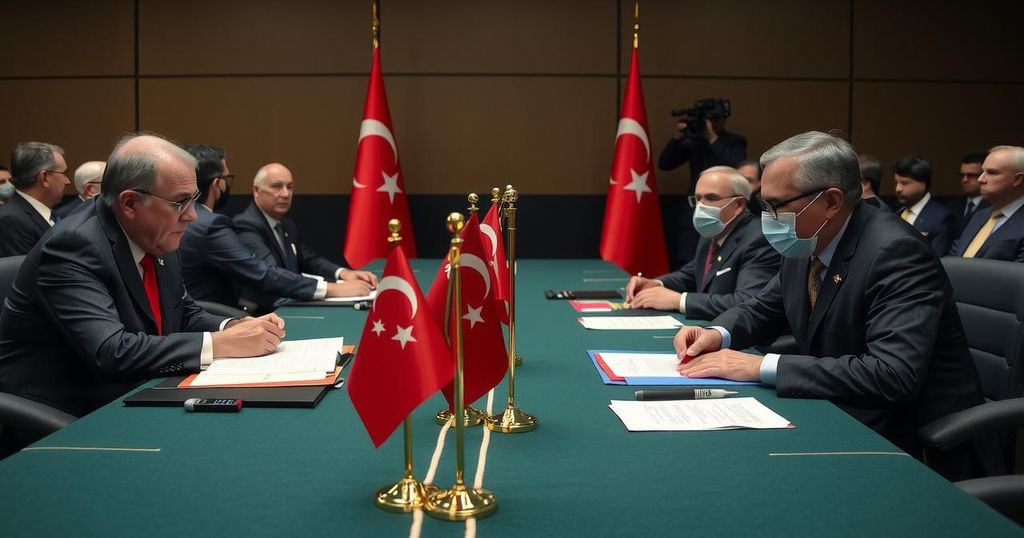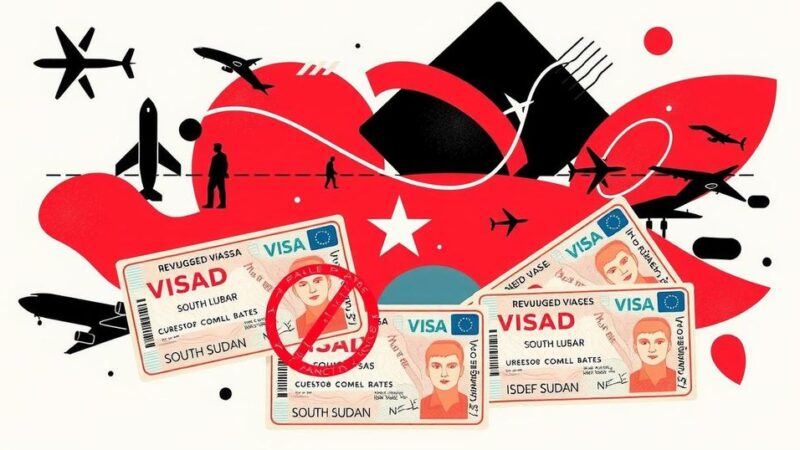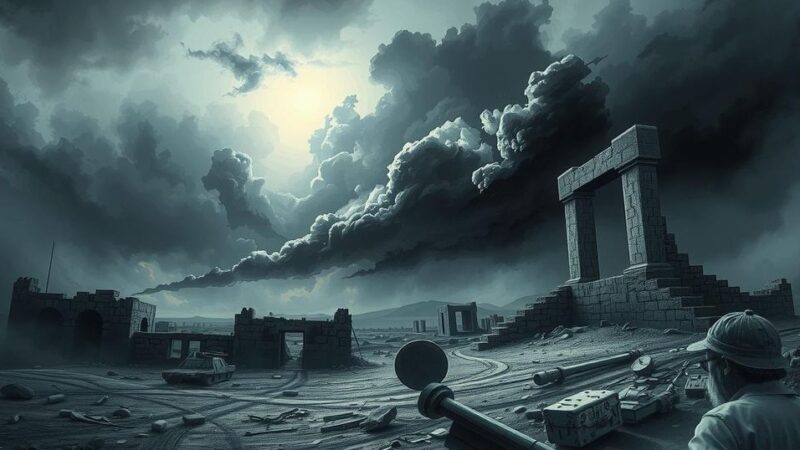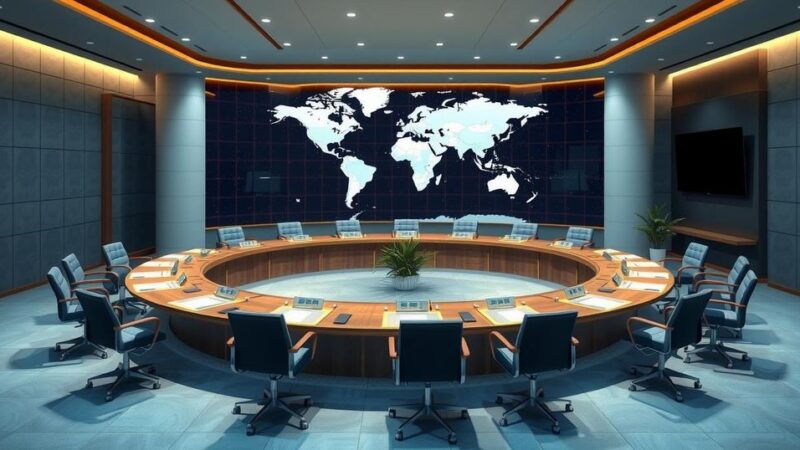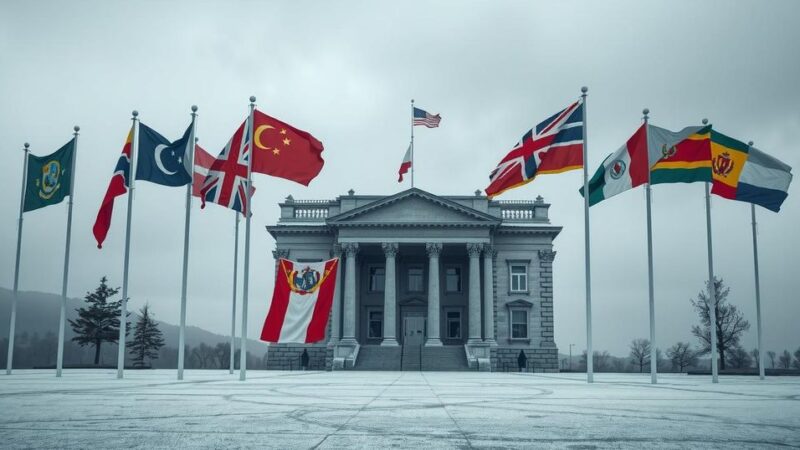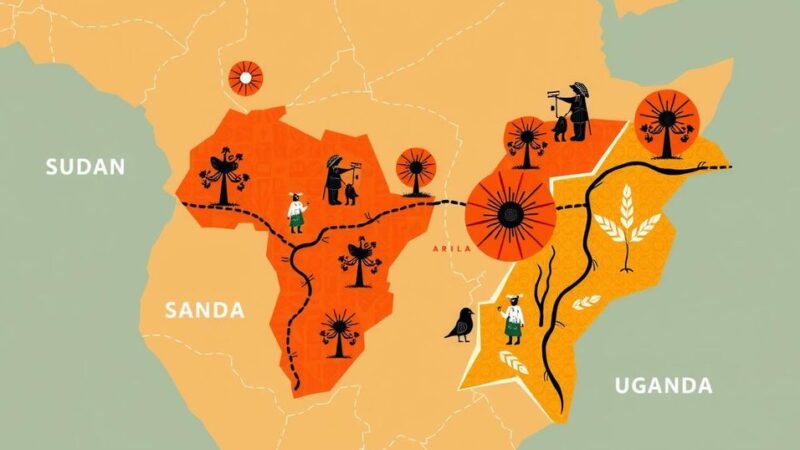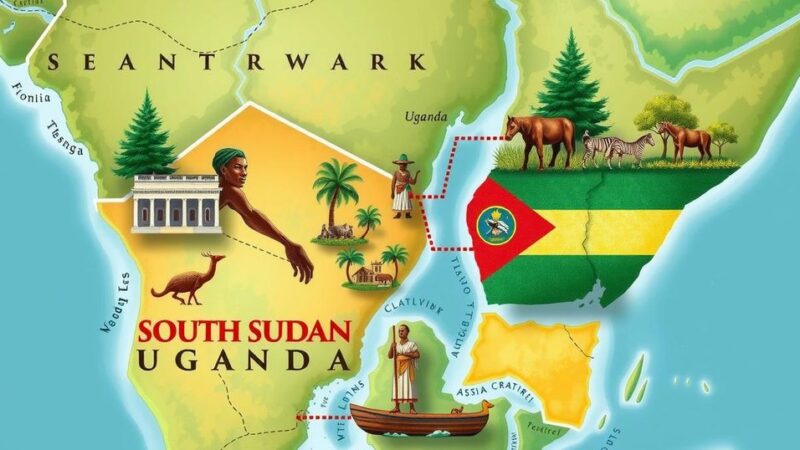Iran and European powers convened in Geneva to discuss Tehran’s nuclear program, a week before Donald Trump assumes office. This meeting follows an earlier gathering in November and focuses on sanctions, nuclear negotiations, and regional issues. Iranian officials described the talks as serious and constructive, emphasizing the importance of ongoing dialogue.
On Monday, Iran engaged in nuclear discussions with European powers in a discreet meeting in Geneva, just prior to the inauguration of President-elect Donald Trump. This gathering marked the second round of talks within a two-month span, following a previous encounter in November that involved the E3—comprising the United Kingdom, France, and Germany. The details surrounding these discussions remained largely confidential, with minimal information disclosed regarding specific topics or locations. Iran’s ISNA news agency reported that Deputy Foreign Minister Majid Takht-Ravanchi represented Iran at the talks, which focused on sanction negotiations, nuclear issues, and regional stability. Deputy Foreign Minister Kazem Gharibabadi later described the talks as “serious, frank, and constructive.”
The backdrop of these discussions is rooted in the complex dynamics surrounding Iran’s nuclear program. In 2015, the Joint Comprehensive Plan of Action (JCPOA) was established, allowing Iran to curb its nuclear activities in exchange for the lifting of international sanctions. However, in 2018, President Donald Trump withdrew the United States from this agreement, which reignited tensions and prompted concerns regarding Iran’s nuclear capabilities. The current talks seek to address unresolved issues and explore opportunities for dialogue amid an evolving political landscape.
In conclusion, the recent nuclear talks in Geneva between Iran and European powers represent a crucial step in addressing significant concerns about Tehran’s nuclear program. The discussions, characterized by a serious and constructive tone, may play a pivotal role in determining the future of diplomatic relations, especially with the imminent arrival of a new U.S. administration under Donald Trump. The outcomes of these talks could influence the broader geopolitical landscape of the region.
Original Source: www.scmp.com
